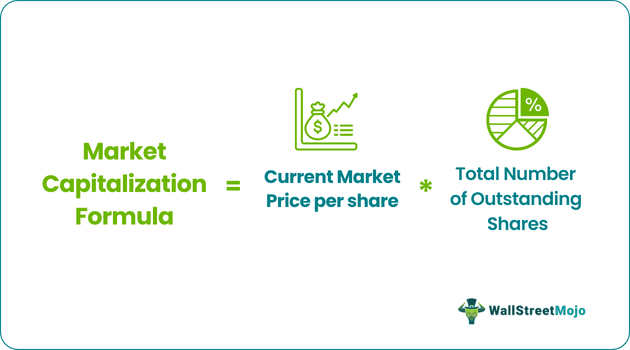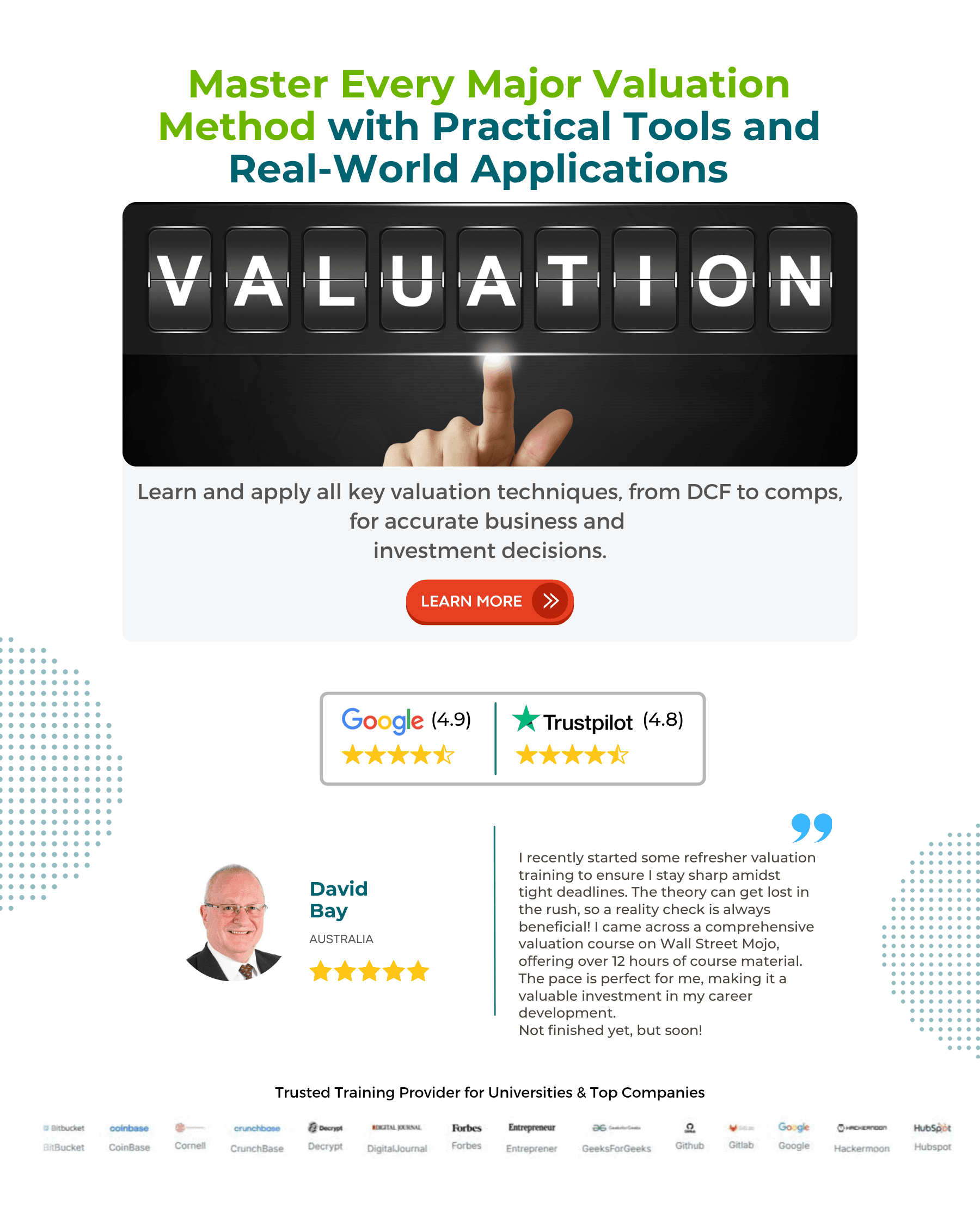Market cap can be differentiated based on its size. Given below are the four categories of market capitalization:
#1 - Nano Cap
These are the companies whose total shares are valued below $50 million and therefore called penny stocks. Such firms have the lowest market cap and are considered high-risk. Example: Ever-Glory International Group, Inc.
#2 - Micro Cap
The market cap of these micro-cap companies ranges between $50 million and $300 million. These stocks have low value, and their financial reports are not filed with the SEC. Thus, investors must be careful; there is little publicly available information. Example: Arch Coal, Inc.
#3 - Small Cap
The small-cap companies are rapidly growing business entities and have a market cap ranging between $300 million and $2 billion. Such stocks usually provide good returns but hold an equal risk level. Also, the share prices of small-cap funds are affordable to investors—for example, BEST Inc.
#4 - Mid Cap
Companies with a market capitalization of $2 billion to $10 billion are categorized under the mid-cap stocks. These companies provide balanced risks and return to the investors. They show a stable performance or growth in the long run—for example, Akamai Technologies Inc.
#5 - Large Cap
Large Caps are well-known and established companies with a market cap exceeding $10 billion. Expectedly, the stocks of such business entities are expensive and bear minimal risks compared to the other options. Example: Facebook, Inc.
Valuation Course
Get full access to the Valuation Course and gain hands-on experience with the most widely used valuation methods in finance. Learn at your own pace with expert-led video lessons and real-world examples covering DCF, market multiples, and transaction comps.
Learn More →


